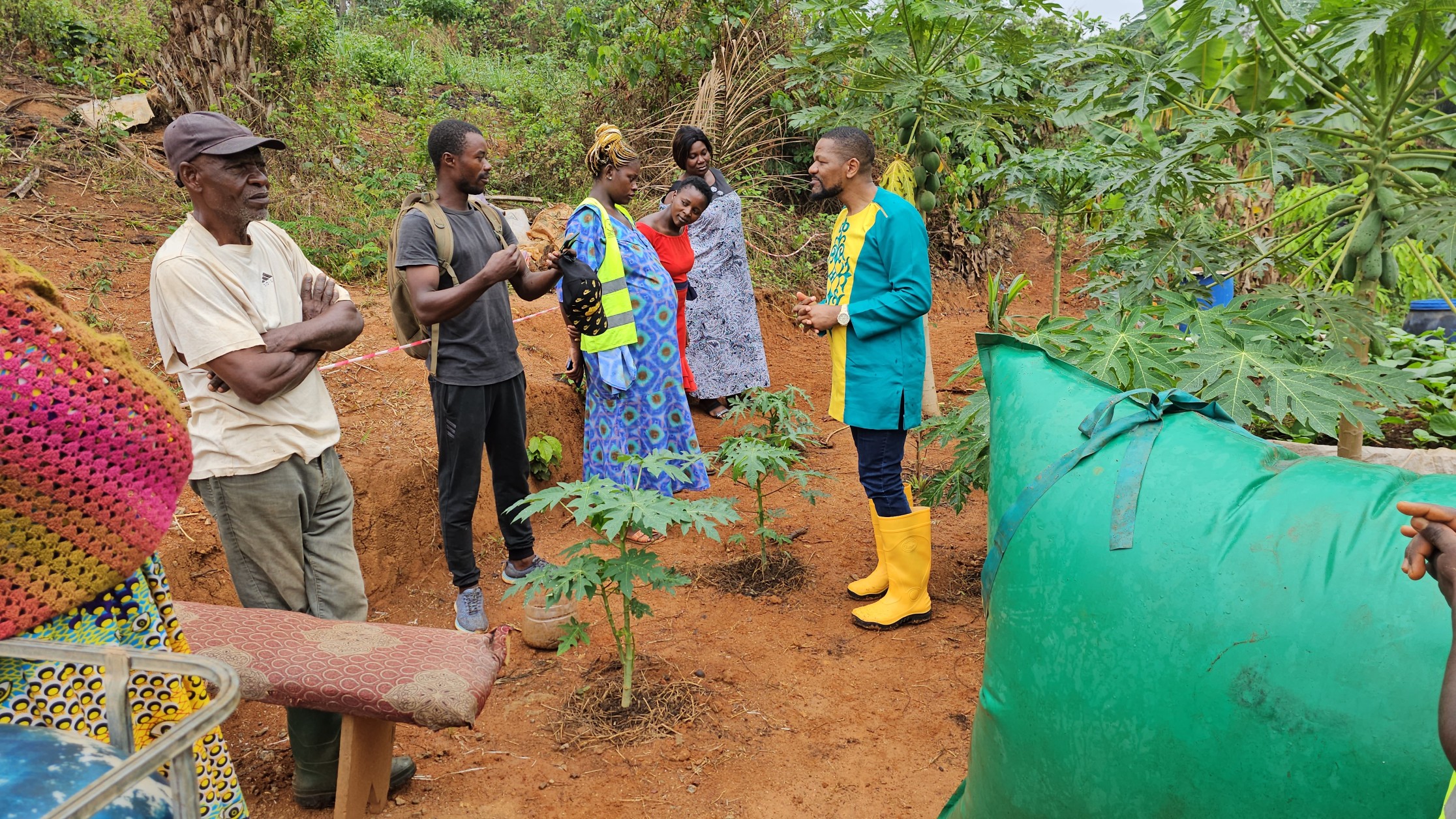|
Getting your Trinity Audio player ready...
|
The Role of African Central Banks in Promoting Sustainable Financing for Youth Climate Action
By Dr. Richard Munang
As the global community faces the urgent need to mitigate climate change and its impacts, green finance and sustainability initiatives are becoming increasingly important. By leveraging financial services, we can develop and implement innovative solutions that promote a low-carbon, resource-efficient economy. In this write-up, the effectiveness of various legal, regulatory, market, and individual corporate initiatives in achieving net zero and delivering on their promises. Additionally, we’ll discuss how African central banks can leverage climate change as an investment opportunity, encouraging cooperatives and microfinancing institutions to lend to youth climate action enterprises and businesses.
The Evolving Landscape of Climate Change
The impacts of climate change are already being felt across the globe, with increasing temperatures, more frequent extreme weather events, and rising sea levels posing significant threats to the environment, society, and economy. The Paris Agreement, signed in 2015, aims to limit global warming to well below 2°C above pre-industrial levels, with efforts to limit the increase to 1.5°C. Achieving this goal requires urgent and ambitious action from all sectors of society, including financial services.
The Growth of Green Finance and Opportunities for African Central Banks
Green finance encompasses the funding and investment activities that support the development of a more sustainable, low-carbon economy. This includes financing for renewable energy, energy efficiency, clean transportation, and other environmentally friendly projects. African central banks can play a crucial role in fostering sustainable investments by offering green financial products and services and encouraging cooperatives and microfinancing institutions to lend to youth climate action enterprises and businesses.
Developing De-risking Tools to Incentivize Cooperatives and Microfinancing
African central banks can develop de-risking tools, such as guarantees and credit enhancements, to incentivize cooperatives and microfinancing institutions to lend to youth climate action enterprises and businesses. By reducing the risks associated with lending to these ventures, central banks can help unlock new sources of financing and drive investment in climate-resilient projects.
Supporting Youth Climate Action Enterprises and Businesses
Youth-led climate action enterprises and businesses have the potential to drive innovation and contribute to a more sustainable economy. African central banks can support these ventures by providing targeted financing, technical assistance, and capacity-building programs to help young entrepreneurs overcome barriers to entry and scale their climate solutions.
Conclusion
As we take a deep dive into the world of climate change, green finance, and sustainability, it is clear that a combination of legal, regulatory, market, and individual corporate initiatives is required to effectively address the growing climate crisis.
By understanding the intricacies of these efforts, we can identify opportunities for improvement, ultimately helping to create a more sustainable future for all. Specifically, African central banks have an important role to play in leveraging climate change as an investment opportunity, supporting youth climate action enterprises and businesses, and developing innovative de-risking tools to incentivize cooperatives and microfinancing institutions.
About Dr. Richard Munang
Deputy Director, UN Environment Programme, Africa Office |Award-Winning Environmental Thought Leader |Climate Change & Sustainable Development Expert| Author| Climate Action| Innovative Volunteerism|






